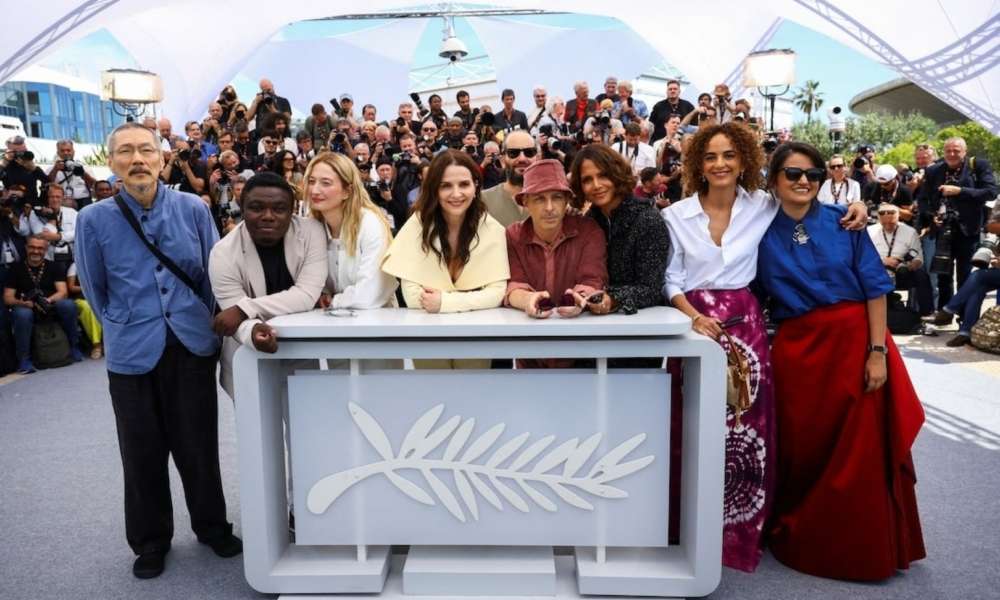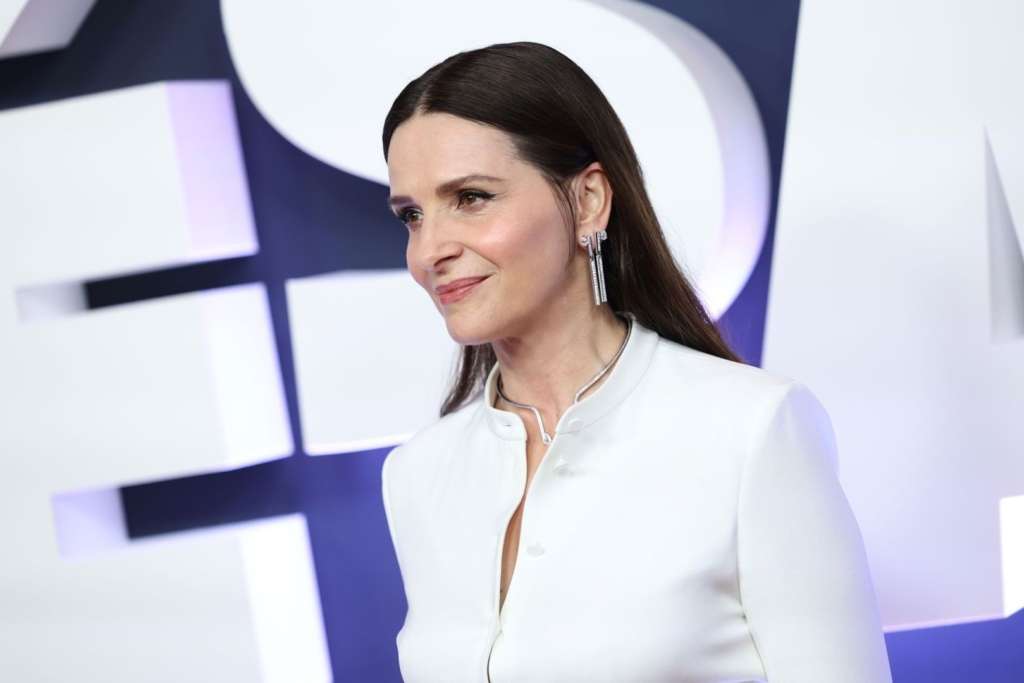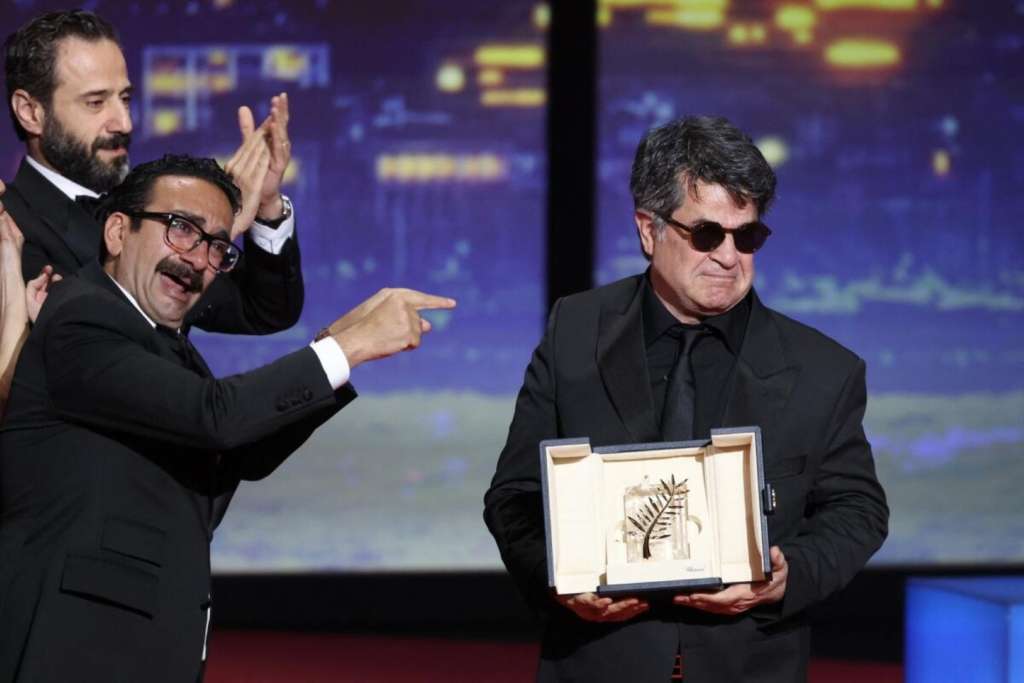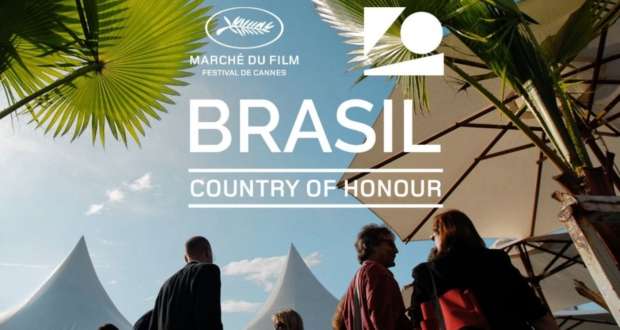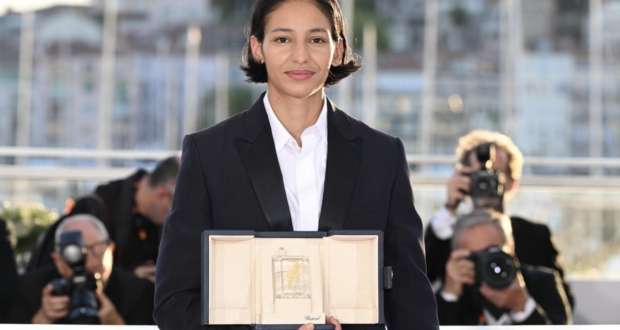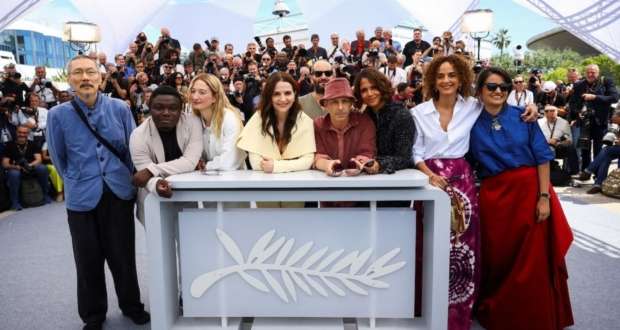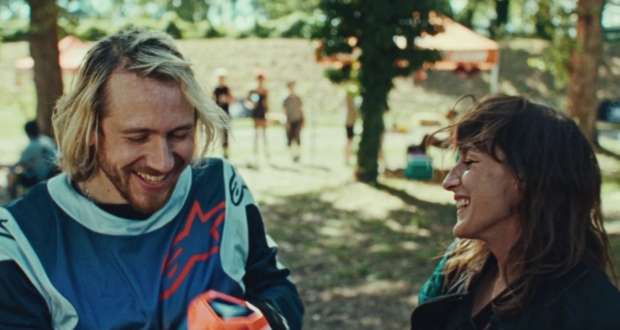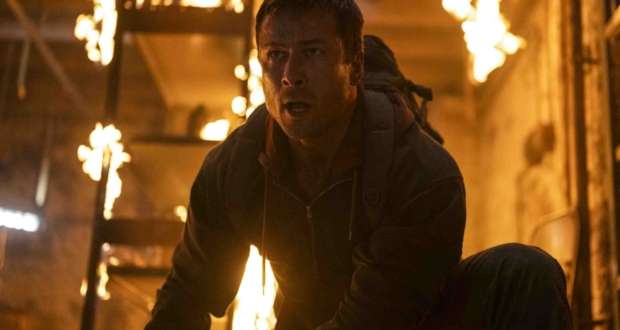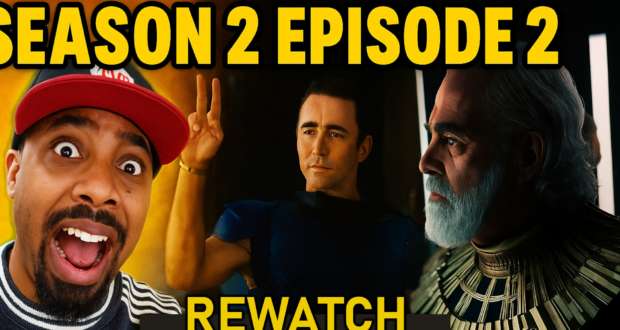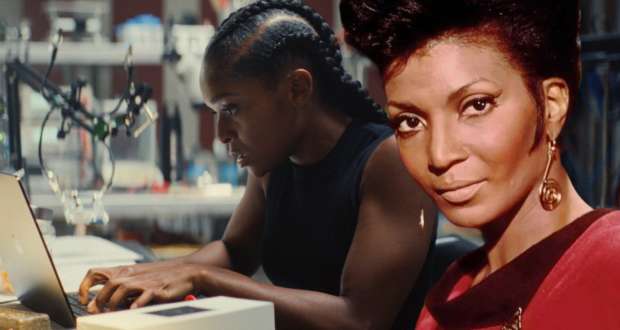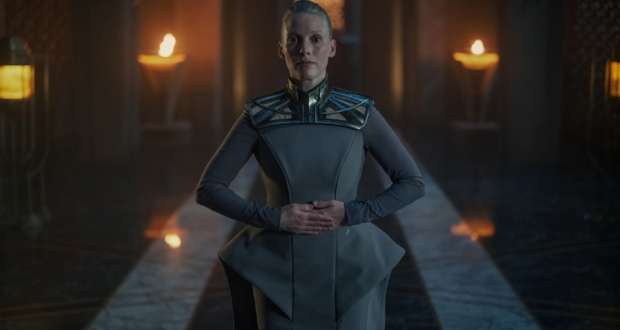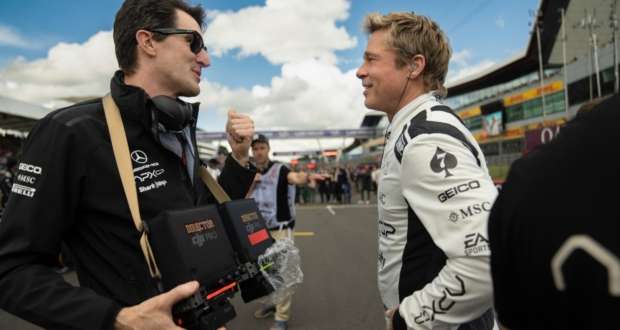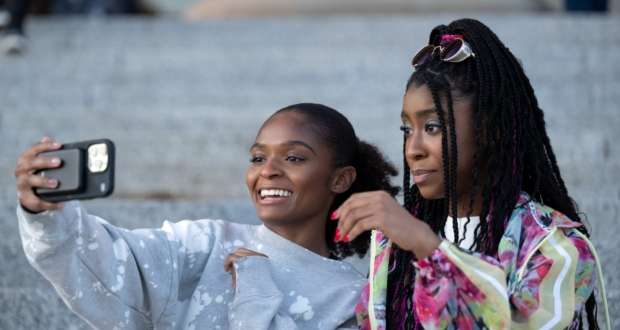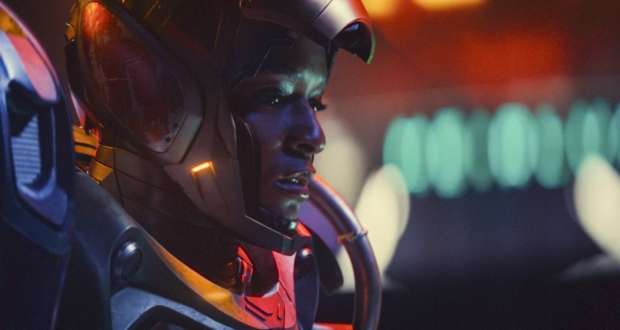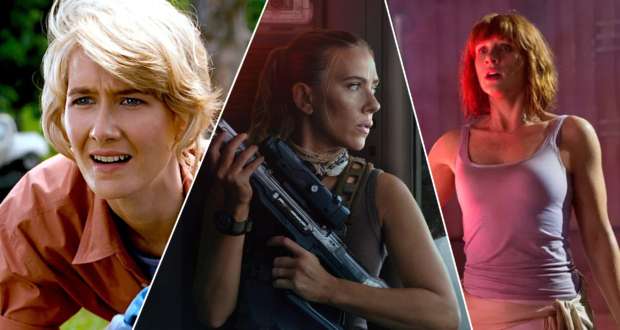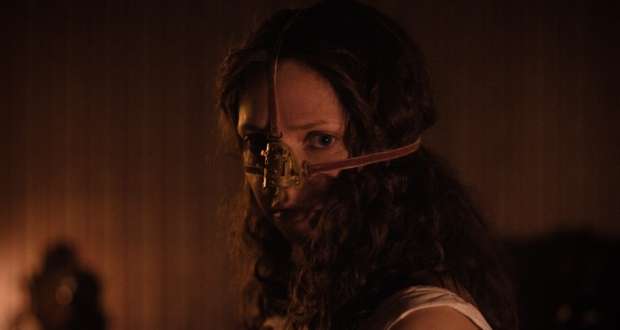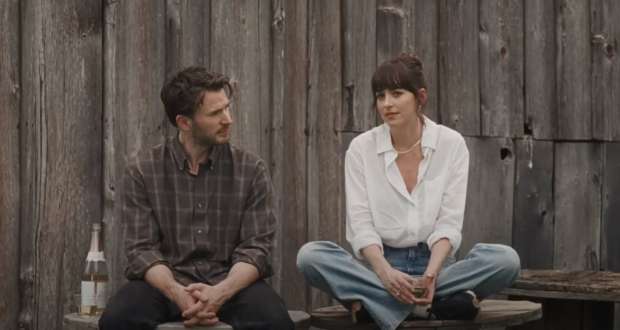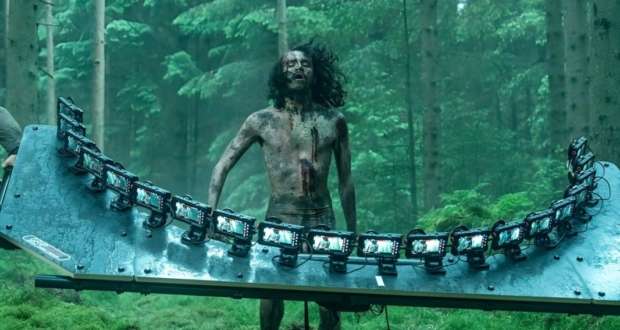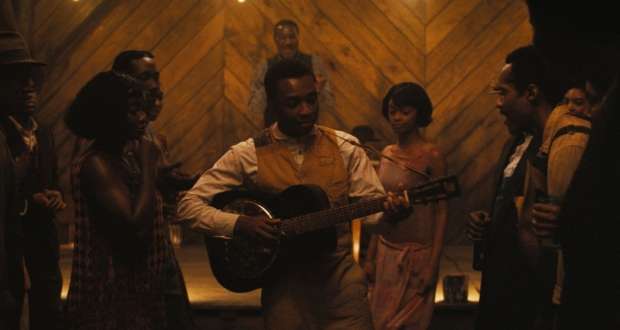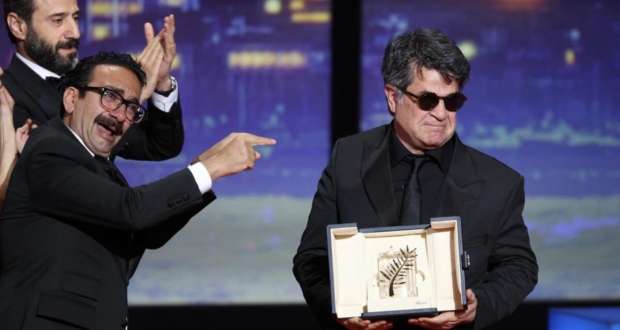The Cannes 2025 jury proved that passionate debate is not only healthy, it’s essential. Led by Jury President Juliette Binoche, this year’s panel showcased a stunning mix of global talent, from Halle Berry to Carlos Reygadas. Over 11 days, they watched, dissected, and passionately discussed 22 films before selecting the winners, with more than a few disagreements along the way.
While the festival is known for glamour and red carpets, what happens behind the jury room doors is a more complex tale of negotiation, artistic passion, and deep personal conviction. The Cannes 2025 jury discussions weren’t always smooth, but the result was a celebration of cinema that honored risk, diversity, and vision.
A Jury as Global as the Festival
The Cannes 2025 jury included actors, directors, and writers from every corner of the world. Juliette Binoche, acclaimed for her emotionally charged roles, set the tone with a spirit of openness. Jeremy Strong, fresh off Broadway, described the experience as “a conclave with champagne.” Halle Berry brought a fierce commitment to championing female storytellers. Carlos Reygadas contributed a deeply philosophical approach to evaluating film structure and theme.
Each member brought different criteria, values, and emotional reactions to the table. The resulting discussions were spirited and at times difficult, but ultimately respectful. Binoche later shared in the press conference that their diversity made their decision-making “a reflection of what cinema should be — open, bold, and unafraid.”
When Passion Collides with Perspective
“Reaching a verdict is never simple,” said one juror during the ceremony. “You’re always afraid of getting it wrong.” Those words encapsulated the emotional weight behind awarding the Palme d’Or 2025 to Iranian director Jafar Panahi for It Was Just an Accident. The film’s commentary on repression, identity, and political resistance struck the jury on both personal and collective levels.
Other honors reflected the jury’s appreciation for nuance and experimentation. Sentimental Value by Joachim Trier earned the Grand Prix for its tender exploration of family dynamics. The Jury Prize was split between Sirât by Óliver Laxe and Sound of Falling by Mascha Schilinski, rewarding both films’ unique approaches to sound, silence, and emotional resonance.
What the Jury Taught Us About Art
During the post-festival press session, Carlos Reygadas noted, “A good jury does not need to agree — it needs to understand.” That ethos guided their process. Some jurors admitted to changing their minds after hearing others’ perspectives. It was not just about who had the strongest voice, but who made the most compelling case for a film’s impact.
Juliette Binoche echoed that sentiment: “Cinema is about emotion and truth. Our job was not to pick what’s perfect, but what’s necessary.” In a time when global storytelling is under scrutiny, the Cannes 2025 jury reminded the world that art thrives in friction — not conformity.
The Takeaway
The Cannes jury’s debates weren’t just procedural; they were part of the artistry. Their final choices reflect a landscape where diverse viewpoints enrich the outcome. From intense disagreement came a list of winners that pushed boundaries and expanded cinema’s emotional vocabulary.
By allowing space for dissent and growth, the Cannes 2025 jury ensured that the films recognized this year weren’t safe choices — they were brave ones. And in the world of film, that’s how you know the art won.
